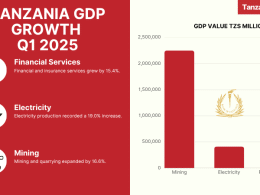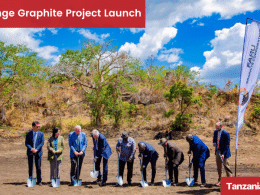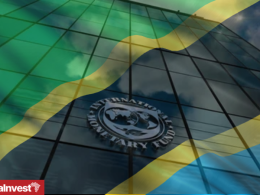Tanzania has launched a USD 1.2B uranium ore pilot processing plant in Namtumbo District, Ruvuma Region, expected to create over 8,700 direct and indirect jobs and generate USD 1B in government revenue.
The facility, owned by Mantra Tanzania Limited, was officially inaugurated on 30 July 2025 by President Samia Suluhu Hassan.
The Tanzanian government holds a 20% stake in the project and expects to benefit from taxes, royalties, and dividends as part of its revenue share.
Speaking during the launch on 30 July 2025, Tanzania’s President Samia Suluhu Hassan emphasized the importance of ensuring the project delivers tangible socio-economic benefits to Tanzanians, particularly to those living near the project area.
“We want Tanzanians to see direct benefits from this project. It is our duty to ensure employment is provided to citizens, especially in areas surrounding the project, and that the revenue strengthens social services,” President Samia stated.
She further described the uranium project as a strategic investment capable of transforming the national economy by creating jobs and increasing domestic revenues.
“This pilot plant is part of our broader strategy to ensure uranium resources are used to benefit all Tanzanians while ensuring health, environmental safety, and compliance with international standards,” she said.
President Samia also called on Mantra Tanzania Limited to prioritize local community engagement and fulfil its social responsibilities while urging government institutions to enforce environmental standards.
She noted that Tanzania holds some of the largest uranium reserves in Africa, including an estimated 60,000 tonnes of uranium ore at the Mkuju River site, positioning the country prominently in global resource ownership.
The uranium project is aligned with the Vision 2050 strategy, which aims to make Tanzania an industrialized, upper-middle-income economy and one of the world’s top ten suppliers of critical inputs for clean nuclear energy.
President Samia added that Tanzania would continue learning from countries with experience in uranium mining, such as Namibia, to ensure environmental sustainability is maintained throughout the project’s implementation.










